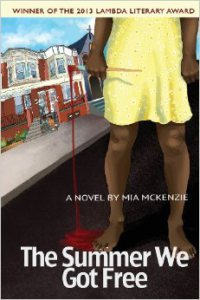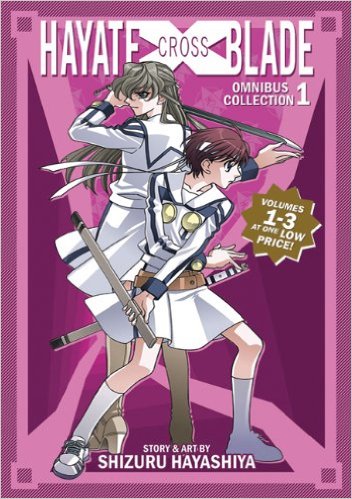Searching for Celia by Elizabeth Ridley is a fast-paced mystery about identity. It starts with our American narrator, Dayle, on a plane to visit London and deliver a keynote speech at a writing conference, and more importantly, to visit her lifelong friend and one-time girlfriend, Celia. Dayle and Celia meet as young teenagers when Celia’s father was working in the U.S., and Dayle and Celia have been friends ever since. Six years before the novel begins, Celia and Dayle completed a writing graduate program together in England. During that time, they were briefly a couple, sharing dreams of writing serious, important fiction.
Celia and Dayle both succeeded in getting some of their serious, important fiction published shortly after graduating. Both women ended up experiencing tremendous commercial failure with their fiction in the years that followed, and were devastated by this failure. Dayle handled this by adopting a pen name, dying her hair, and writing a bestselling series of over-the-top spy novels and buying a Chicago condo with her profits. In just half a dozen years, Dayle’s gone from idealistic would-be writer to wealthy blockbuster novelist who worries about being a sell-out. Celia, on the other hand, started off with some success in her chosen field, followed by a flop that was also ripped apart by critics, and quit. Instead of writing, Celia’s been single-handedly running a nonprofit out of her London apartment, serving refugees and asylees, especially women and girls trafficked in sex trade. Not surprisingly, they’ve drifted apart. When Celia invited Dayle to stay with her during Dayle’s visit for the conference, Dayle hoped to revitalize their lagging friendship. A heartbreaking personal loss Dayle has recently suffered only fuels her longing for someone she knows so well.
Unfortunately, Celia doesn’t greet Dayle at the airport. Dayle goes to Celia’s address and she’s not there either, but she lets herself in. Soon she learns that Cecelia’s car has been found on a bridge and it appears Celia has died by suicide mere hours before Dayle arrived. This shock launches Dayle into an investigation of her friend’s life. While staying at Celia’s apartment and meeting with Celia’s recently dumped girlfriend, Edwina, Dayle discovers sides to Celia she never expected, casting doubt about everything she thought she knew from twenty years of friendship. Dayle suspects that the police account of Celia’s disappearance is not the whole truth, and her search for answers raises even more questions. Did Celia die or fake her death? If she’s dead, was it suicide or murder? Was Celia’s nonprofit broke, mixed up with organized crime, or both? Was Celia keeping the nonprofit afloat with her own money or using it as a personal piggy bank? Who was the real Celia? Dayle keeps digging, even when it begins to put her own life in danger.
The plot moves along at a quick and engaging clip, with menacing themes of terrorist threat and mistaken identity woven throughout. I read the whole thing over a weekend, eager to find out what would happen. This novel is suspenseful without being gruesome or gratuitous, and deftly avoids gore and sexual violence. Dayle and Celia’s friendship feels real, complicated, and fluid the way long-term queer friendship often is.
Searching for Celia isn’t perfect. Dayle’s launch into literary success seems too quick and easy. Edwina is underutilized, and too many characters–such as Celia’s therapist–offer up crucial information that should be private, seeming just because Dayle asked. Some of the most interesting questions are never answered, even when the rest of the story comes to a fairly satisfying end. For example, we never learn why Celia chose to work with refugees, asylees, and trafficked women when she faced difficulty with fiction, or why she revised an unpublished novel and asked someone to keep it safe when it seems she’s given up on writing. Celia’s nonprofit and the characters it served seemed two-dimensional, holding up the plot well enough but not doing much else. In the final chapters, Dayle jumps on theory after theory with little evidence, trusting people with secrets and then regretting it as soon as she hears a different theory. Not surprisingly, this leaves Dayle, and others, vulnerable to manipulation and harm. I like my heroines a little more savvy, especially because at that point Dayle is deep in her investigation and knows some of the dangers she may be facing.
Limitations aside, Searching for Celia sucks you in. It’s a great read for mystery fans. It digs into deeper questions about what it means to know someone while keeping you guessing about the story. If you’re intrigued by the premise, give it a try.
4 out of 5 stars.




